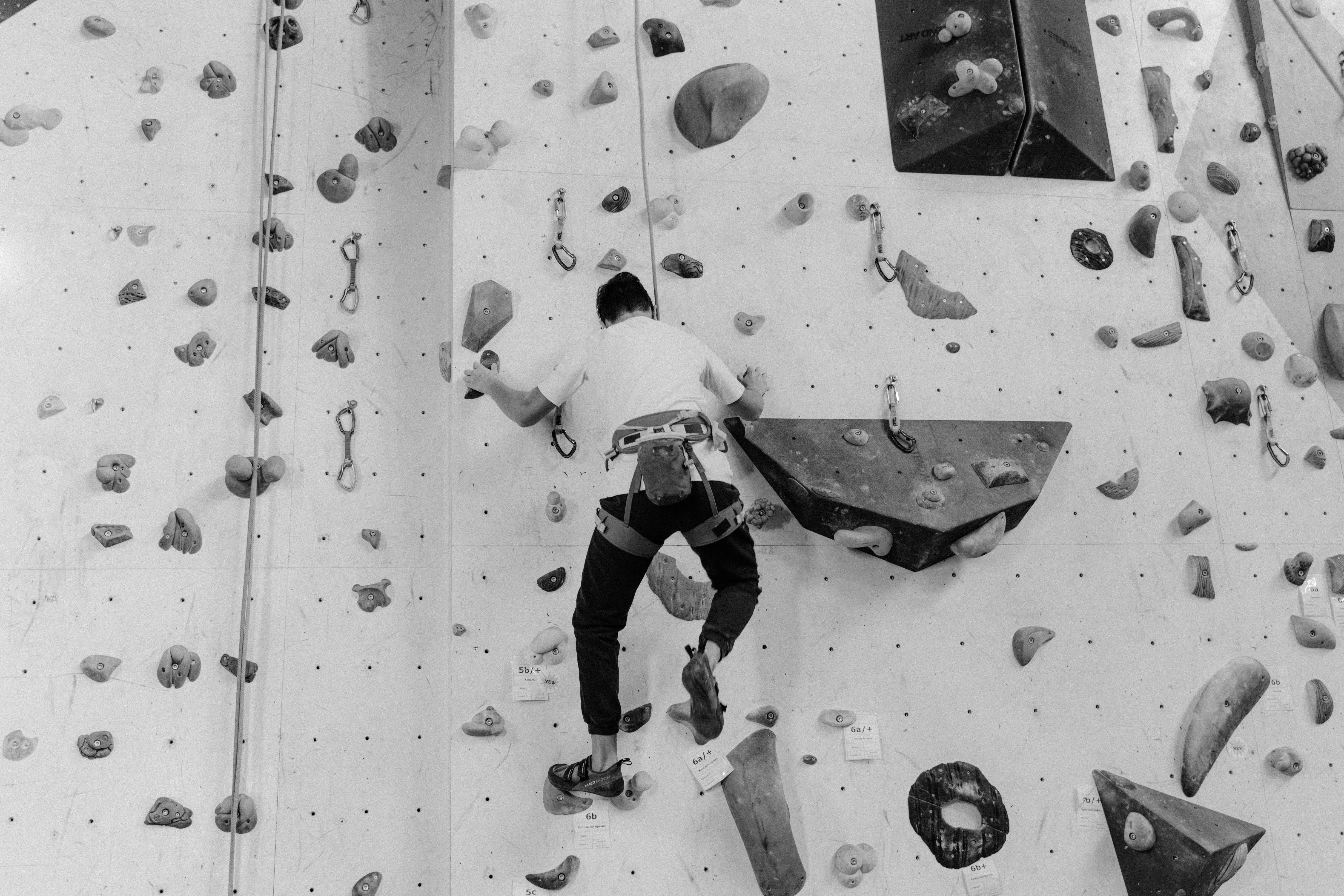Those who follow Indian sports will be surprised to learn that the national game of India is not cricket, but hockey.
And until about 30 years ago, the evidence was there for all to see. Thereafter, the decline was pronounced. Hockey became Europeanized: the use of artificial turf made it a much faster game, effectively shifting the emphasis from stick work and artistry to speed and passing. In other words, aptitude took precedence over ability.
The result was the exhaustion of medals in international tournaments. Hockey first appeared at the 1908 Olympics, when England won. Then it was played in the 1920 edition, England won that too. Thereafter, pre-war hockey golds were monopolized by India, playing under a British flag, in 1928, 1932 and 1936. When the Olympics resumed in 1948, India again claimed hockey gold, making Dhyan Chand the only player in the history of the game to win four Olympic golds.
India’s dominance continued after independence, and it won gold at the 1952 and 1956 Olympics. Pakistan, which won silver in 1956, emerged as a rival, taking gold at the 1960 games. India won it in 1964 and Pakistan regained it in 1968. The 1970s saw a gold draft for both teams, although Pakistan won silver in 1972. India’s last Olympic gold came at the 1980 Moscow Olympics, an event that the hockey giants of the Caucasus boycotted as did Pakistan.
The first hockey World Cup was played in 1971. The next three editions took place in 1973, 1975 and 1978, with the event taking place every four years thereafter. Pakistan claimed the inaugural cup and the Netherlands took it in 1973. Then came India’s famous victory in Malaysia in 1975, and that was the last time Indian hockey was on top of the world. Artificial turf was introduced and has been blamed for India’s decline ever since.
But those who see the roots of India’s decline as a hockey superpower in the switch to artificial turf cannot explain why Pakistan, which played the same type of game with an emphasis on skill and artistry, adapted well to the new situation and continued to dominate. In fact, Pakistan won the next two world cups, in 1978 and 1982, the latter event hosted by India. There was a temporary problem as Pakistan failed to win any medals in the 1986 edition, but managed silver in the 1990 World Cup hosted in Pakistan and gold in the 1994 edition.
India’s decline began in the 1970s and Pakistan’s two decades later. Is there a lesson for India in this? There is a school of argument that Pakistani hockey was run by its military, and that the team did better when it had a military government. There might be some truth to this, as the Pakistan team fared better in the 1980s when they had relative political stability and a military government under General Zia. During the same period, Pakistan also did well in cricket.
The lesson India can draw from the rise and subsequent fall from grace of Pakistani hockey is that performance improves when there is good management behind it. There is no shortage of talent, as was amply demonstrated in the Commonwealth games, where India rallied from a two-goal deficit to win the semi-final against England. All that is needed is administrative will to support the talent. Can India build on the success of the CWG and regain its supremacy in hockey? Time, as always, will tell.

